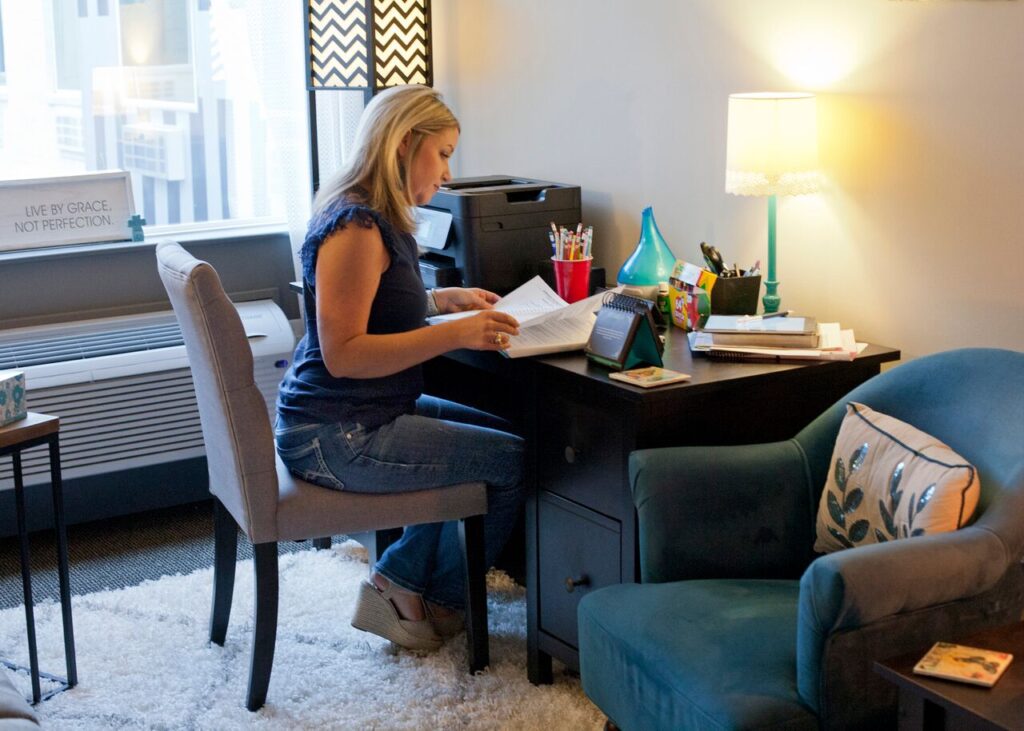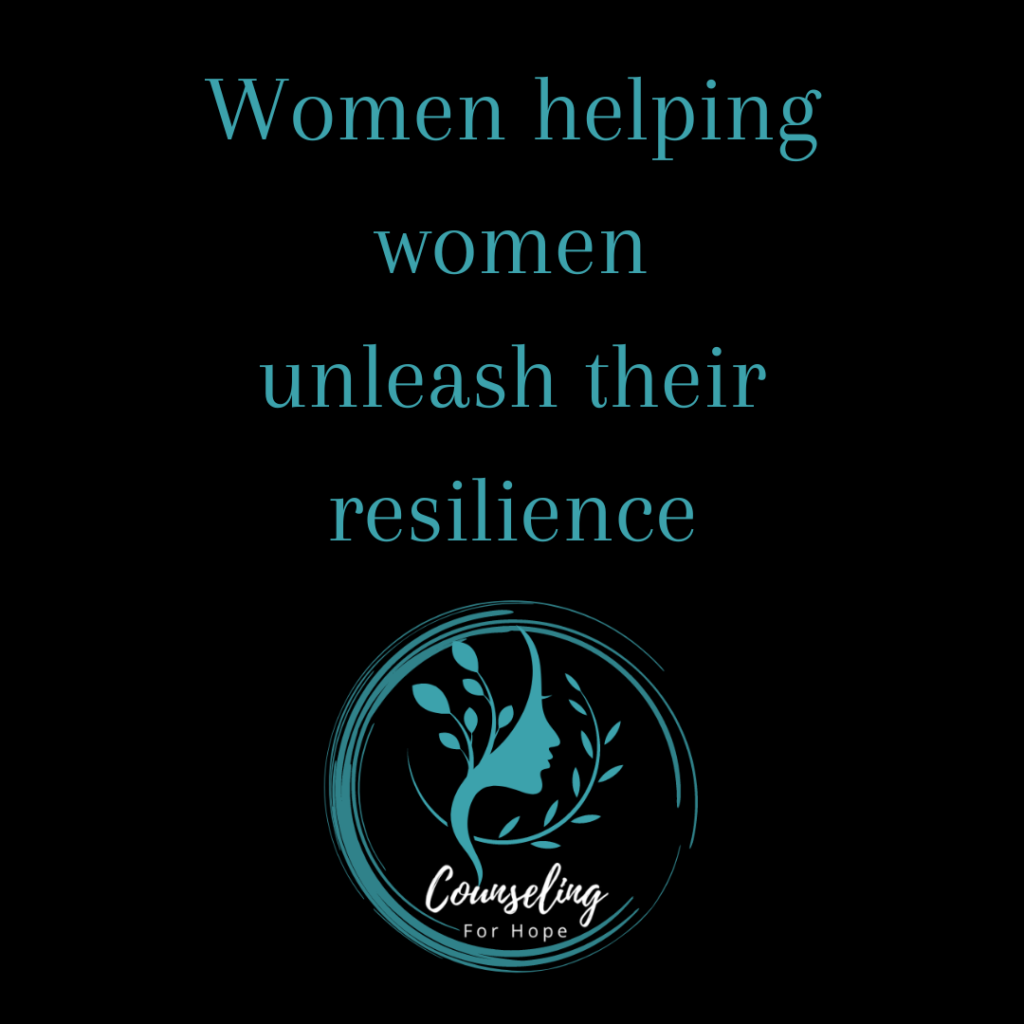
How to Find Lasting Peace
Anxiety is a natural response to fear, affecting our emotions, thoughts, and even our physical health. Yet, when fear takes over, it traps us in an exhausting cycle—robbing us of the ability to stay present.
Imagine a hamster on a wheel, running tirelessly but never getting anywhere. Its heart pounds, panic sets in, and the world feels overwhelming. Sound familiar? Many of us experience this same cycle of worry, stress, and fear.
While the triggers of anxiety may differ, its effects—helplessness, negativity, and even panic attacks—are universal. The good news? You don’t have to stay stuck. By understanding anxiety and taking intentional steps, you can break free and reclaim your peace.
Understanding Anxiety: A Healthy Emotion Gone Wrong
Emotions are not inherently bad—fear, for instance, helps us respond to real threats. But when fear becomes irrational, responding to perceived dangers rather than actual ones, it spirals into anxiety. This prolonged state of stress can take a toll on your body, emotions, and spiritual well-being.
Counseling: A Path to Healing
One of the most effective ways to manage anxiety is through counseling. A trained counselor provides a safe space to explore the root causes of fear, uncover thought patterns, and equip you with tools to regain control. Seeking help is not a sign of weakness—it’s an investment in your healing and growth.
Holistic Strategies for Managing Anxiety
To effectively combat anxiety, it’s essential to take a whole-person approach—caring for your physical, emotional, and spiritual health.
1. Physical Care: Nourish Your Body
Anxiety can lead to neglecting basic self-care. In Acts 27, Paul and 275 men faced a life-threatening storm. Consumed by fear, they stopped eating—until Paul urged them:
“You have been so worried that you haven’t touched food for two weeks. Please eat something now for your own good.” (Acts 27:33-34)
Prioritizing physical health is crucial. Focus on:
- Nutrition: Eat balanced meals to stabilize energy and mood.
- Rest: Prioritize sleep for emotional resilience.
- Movement: Exercise reduces stress and enhances mental well-being.
2. Emotional Care: Learn to Self-Regulate
Self-regulation is the ability to manage emotions rather than be controlled by them. It bridges the gap between feeling anxious and choosing a healthy response.
God doesn’t command us not to worry because He expects us to be immune to stress—rather, He invites us to surrender our burdens:
“Give your burdens to the Lord, and He will take care of you.” (Psalm 55:22)
“Be still in the presence of the Lord, and wait patiently for Him to act.” (Psalm 37:7)
Practice deep breathing, mindfulness, and grounding techniques to calm anxious thoughts and regain clarity.
3. Spiritual Care: Surrender and Find Peace
Philippians 4:6-7 offers a simple yet powerful directive:
“Don’t worry about anything; instead, pray about everything. Tell God what you need, and thank Him for all He has done. Then you will experience God’s peace, which exceeds anything we can understand.”
Anxiety often masks deeper fears—fear of failure, loss, or uncertainty. When we surrender these fears to God, He replaces them with His peace.
4. Practical Application: Rewire Your Thoughts
Lasting peace comes from both spiritual surrender and cognitive discipline. Philippians 4:8-9 provides a framework for retraining our minds:
“Whatever is true, honorable, right, pure, lovely, and admirable—think continually on these things… then the God of peace will be with you.”
To shift from anxiety to peace, focus on:
Praiseworthy thoughts – Centered on gratitude and faith.
True thoughts – Rooted in reality, not fear-driven assumptions.
Honorable thoughts – Uplifting and noble.
Right thoughts – Confirmed by Scripture.
Pure thoughts – Wholesome and morally sound.
Lovely thoughts – Promoting peace.
Breaking Free: A Simple Journaling Exercise
A powerful way to regulate emotions is through guided journaling. Try this exercise based on Philippians 4:6-9:
Journal Prompt:
- I feel (emotion) because of (circumstance), but I choose to think (restructured thought); therefore, I will (response/behavior).
Steps to Apply:
- Pray – Surrender anxious thoughts to God.
- Be Thankful – Shift focus to gratitude.
- Be Specific – Identify worries and replace them with truth.
By consistently aligning your mind with peace, you will find freedom from anxiety. Try it today—start small, be intentional, and experience the transformation in your thought life.
You Can Overcome Anxiety
Anxiety thrives on uncertainty and fear, but you don’t have to stay trapped in its cycle. By nourishing your body, regulating emotions, seeking counseling, surrendering fears, and practicing healthy thought patterns, you can break free and experience lasting peace.
Take a step today—whether it’s reaching out to a counselor, starting a new habit, or simply shifting your focus. Your journey to peace starts now.






